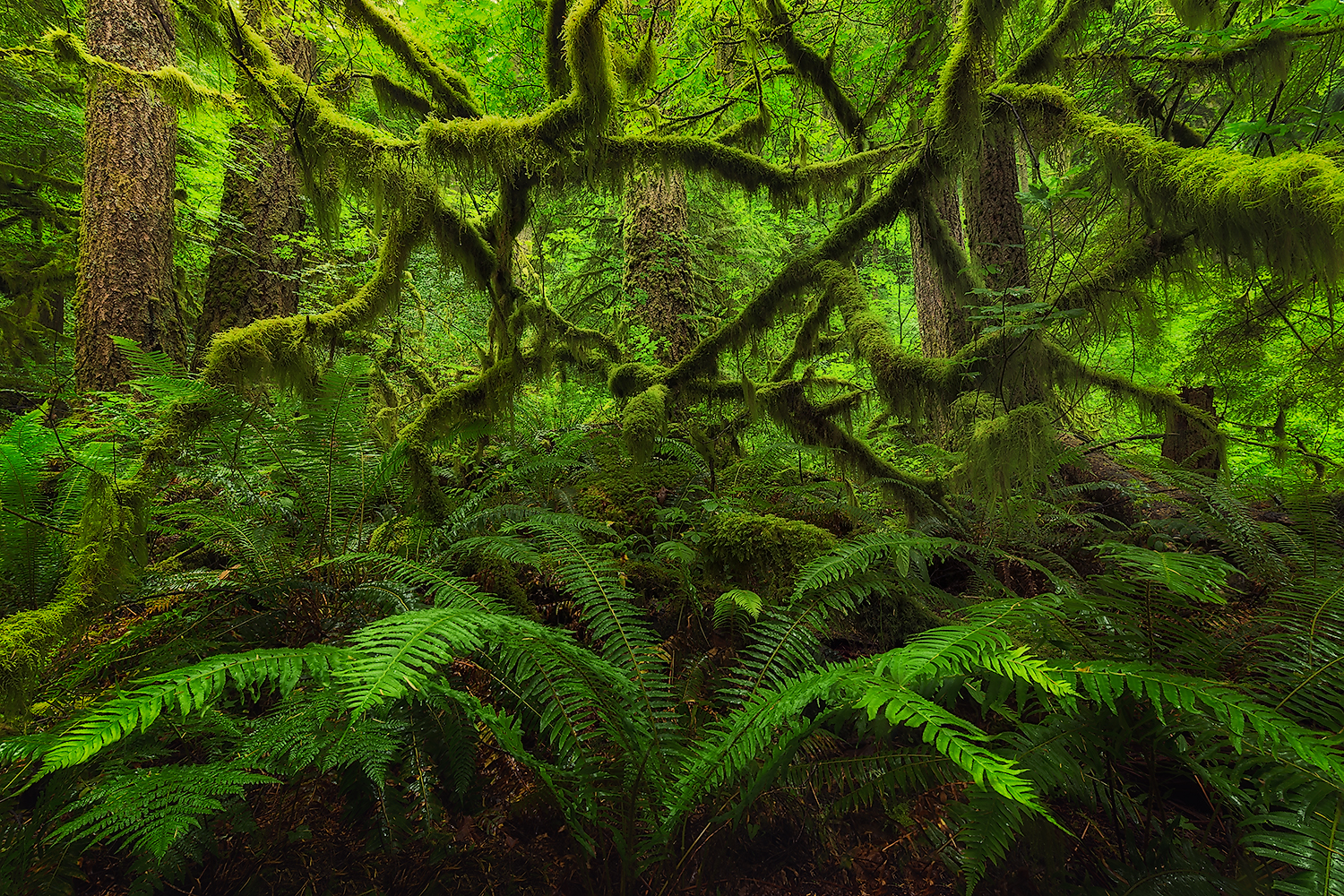
Hello everyone! My name is Shannon, and I am so excited to be joining Oregon Wild as a Climate and Forest Policy Intern this summer! I was born and raised in Polk County Oregon, near Falls City, surrounded by forest. I have been fortunate to travel to all corners of this beautiful state, hiking, camping, and scoping out the best swimming holes. I am thrilled to have the opportunity to engage with environmental policy in Oregon and support protections for some of the wild places that make my home state so remarkable. From my own experience, I have particular love for the Western and Eastern sides of the Cascades, and the Wild and Scenic Illinois River in the Rogue River-Siskiyou National Forest especially, which holds the title in my book for the best swimming hole in the state.
I first left Oregon to attend the University of British Columbia, where I received my Bachelor of Science in Honors Environmental Science. During the course of my undergraduate program, I was able to contribute to research on traits that predict honeybee resistance to diseases and parasites. I was also able to carry out my own research in the Faculty of Forestry on environmental stressors that affect the growth of native Western tree species.
I am currently halfway through my Master of Environmental Management degree at the Yale School of the Environment, where I am specializing in environmental policy analysis. I am particularly interested in state-level conservation policy that prioritizes stakeholder engagement and collaboration. I was drawn to Oregon Wild because of its influence in state environmental policy discussions and focus on Oregon’s forests as nature-based climate solutions. I am also inspired by Oregon Wild’s contribution to the collaborative effort that transformed management at the Siuslaw National Forest. Oregon Wild has proven to be an important steering force when it comes to setting Oregon’s environmental agenda, and I look forward to pushing for more comprehensive conservation action within state and federal legislation.
This summer at Oregon Wild, I will be researching and developing an alternate model to the Secure Rural Schools legislation that rewards conservation efforts on the part of counties and municipalities. The Secure Rural Schools (SRS) Act was passed by Congress in 2000, modifying the U.S. Forest Service’s county payments program to provide counties containing national forests with guaranteed payment amounts rather than a share of annual revenues from timber harvest. The SRS program has sought to provide rural communities with federal funding to pay for local government services. It seeks to offset reductions in shared logging receipts that occurred due to old-growth forest protections, as well as stronger rules to protect salmon and wildlife. But longer-term, more sustainable solutions are needed to support the communities in the future.
In recent years, Congress has allowed SRS funding to lapse, leading to uncertainty in eligible counties as they plan out their budgets. My job at Oregon Wild is to research and develop and alternative model to the SRS legislation that provides increased funding for communities in a manner that also supports key conservation and climate objectives. I hope to align these objectives closely with the Biden administration’s goal to protect 30% of land in the United States by 2030. I will also be emphasizing environmental justice and stakeholder engagement throughout my work, crafting the payment structure in accordance with the needs and priorities of rural communities.

